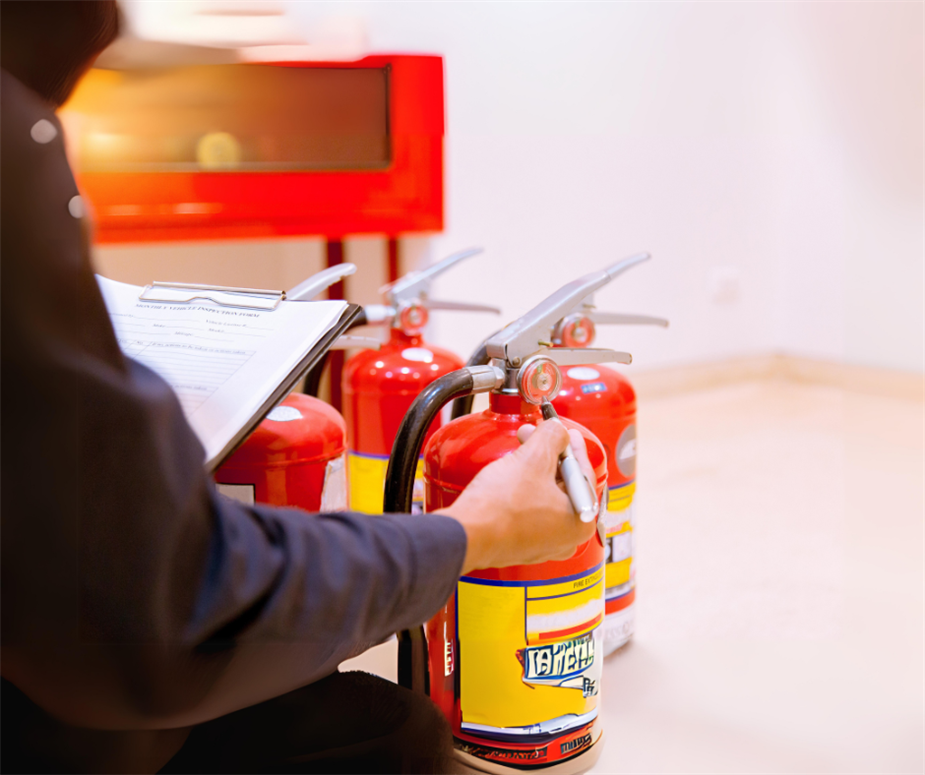Uncovering Hidden Fire Hazards in Your Commercial Property: Prevention Tips for Safety and Peace of Mind
7/8/2024 (Permalink)
Fire safety is a top priority for any business owner, but often, hidden fire hazards can go unnoticed until it's too late. As part of your proactive safety measures, it’s crucial to identify and address these lesser-known risks to protect your property, employees, and clients. Here are some common but often overlooked fire hazards and tips on how to mitigate them:
1. Electrical Outlets and Power Strips
Hazard: Overloaded outlets and power strips are a significant fire risk in commercial settings, especially with the extensive use of electronic devices.
Prevention Tips:
- Regularly inspect all electrical outlets and power strips for signs of wear and tear.
- Avoid daisy-chaining power strips and ensure they are not overloaded.
- Hire a licensed electrician to check your building’s electrical system and ensure it meets current safety standards.
2. Dust and Debris in Hidden Areas
Hazard: Dust accumulation, particularly in areas like ducts, vents, and behind machinery, can be highly flammable.
Prevention Tips:
- Implement a regular cleaning schedule for hard-to-reach areas.
- Use industrial-grade vacuum cleaners designed to handle fine dust particles.
- Regularly service HVAC systems to prevent dust buildup.
3. Storage Areas and Closets
Hazard: Improper storage of flammable materials and cluttered storage areas can easily become ignition points.
Prevention Tips:
- Store flammable materials in designated, well-ventilated areas with appropriate safety measures in place.
- Maintain clear, organized storage spaces to ensure materials are not placed near heat sources or electrical outlets.
- Conduct periodic audits of storage areas to identify and mitigate potential hazards.
4. Kitchen Equipment
Hazard: Commercial kitchens are high-risk areas due to the presence of cooking equipment and flammable oils and greases.
Prevention Tips:
- Regularly clean kitchen appliances, including ovens, stoves, and fryers, to prevent grease buildup.
- Ensure all kitchen staff are trained in fire safety protocols, including the proper use of fire extinguishers.
- Install and maintain automatic fire suppression systems in the kitchen area.
5. Outdated Fire Safety Equipment
Hazard: Fire extinguishers, smoke detectors, and sprinkler systems that are outdated or improperly maintained can fail during an emergency.
Prevention Tips:
- Schedule routine inspections and maintenance of all fire safety equipment.
- Replace fire extinguishers and smoke detector batteries according to manufacturer guidelines.
- Ensure your fire sprinkler system is inspected and tested by certified professionals regularly.
6. Faulty or Misused Electrical Equipment
Hazard: Electrical equipment that is old, damaged, or misused can overheat and cause fires.
Prevention Tips:
- Inspect and replace damaged electrical cords and equipment promptly.
- Train employees on the correct use of electrical equipment and the importance of unplugging devices when not in use.
- Implement a policy for reporting and addressing electrical equipment issues immediately.
7. Neglected Heating Systems
Hazard: Heating systems, especially those that are infrequently used or poorly maintained, can pose significant fire risks.
Prevention Tips:
- Conduct regular maintenance checks on all heating systems, including boilers, furnaces, and space heaters.
- Keep heating equipment away from combustible materials.
- Ensure proper ventilation around heating units to prevent overheating.
........
By recognizing and addressing these lesser-known fire hazards, you can significantly reduce the risk of fire in your commercial property. Regular inspections, proper maintenance, and employee training are key components of a comprehensive fire prevention strategy. For professional assistance and more information on keeping your business safe from fire hazards, contact SERVPRO of Southern York County today. Our experts are here to help you with all your fire safety needs, from risk assessment to emergency response and restoration.
Contact SERVPRO of Southern York County today to schedule a fire safety assessment and protect your business from potential fire hazards.




 24/7 Emergency Service
24/7 Emergency Service
